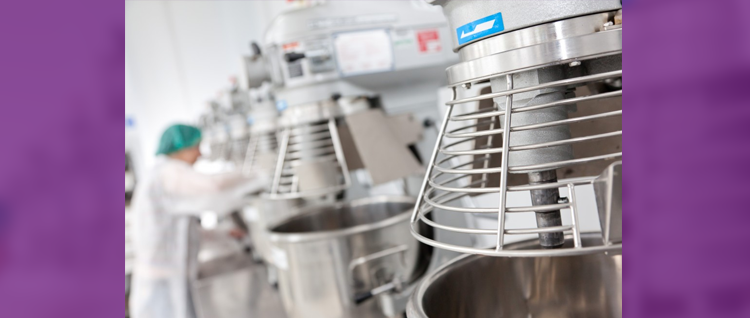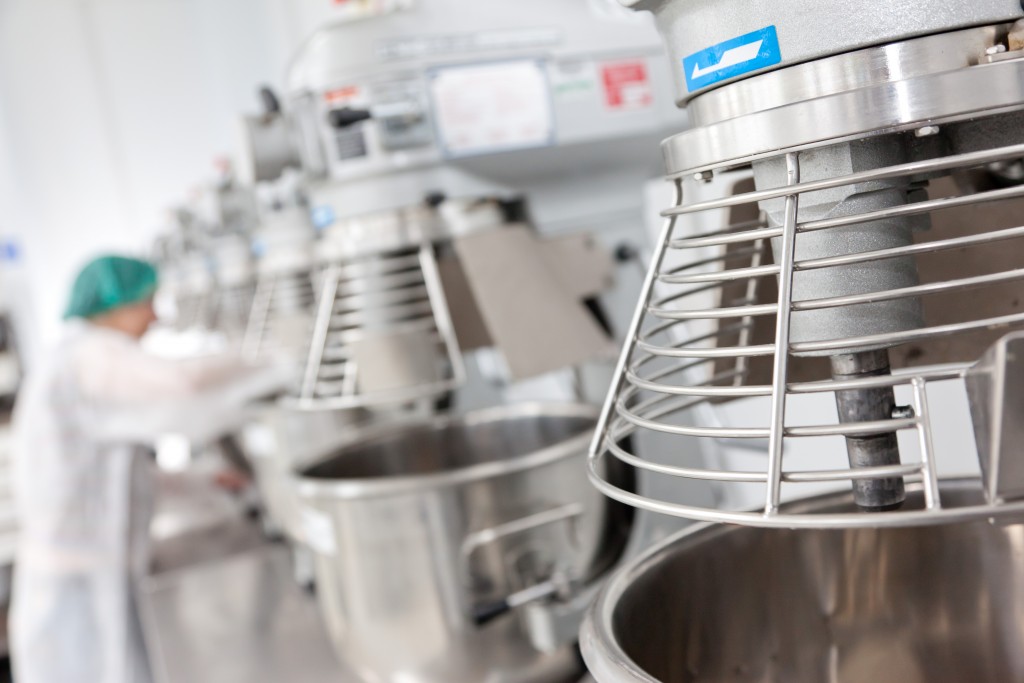Cardiff Metropolitan University


![]()

Cardiff Metropolitan University’s research into food safety, working with local businesses, has driven up hygiene standards and contributed to the expansion of the Welsh food sector, creating and securing local jobs. Their expertise informs worldwide practice and policy in food safety.
We all enjoy choosing from a wider range of food and drink in shops and restaurants, making mealtimes more delicious and exciting. Food producers and manufacturers, particularly small and medium sized businesses, are keen to gain a bigger slice of this highly competitive global market. But it is vital that the food products we buy are safe to eat.
When researchers at Cardiff Metropolitan University surveyed food handlers in Wales, they found that while food handlers were aware of what was required to promote food safety, a lack of time, staff and resources meant they were not always doing it. Almost two thirds of those who had received food hygiene training admitted not carrying out food safety procedures; and although all food handlers perceived their business to be relatively low risk, they all prepared high risk foods.
These findings led the multidisciplinary research team based within the University’s Food Industry Centre to develop a Knowledge, Innovation and Technology Exchange (KITE) programme. Working with over 30 food manufacturing business partners across Wales, the programme placed a food science graduate within each to collaborate with staff. They raised food safety standards by improving technical management, developing new products, changing production management systems and cutting what ends up in the waste bin. While graduates gained experience, partners enjoyed real improvements to their businesses and the support of the University at a subsided rate.
Funded by a £3.9 million initial investment from the Welsh Government and European Agricultural Fund for Rural Development, the programme aimed ‘to get more Welsh food on the shelves of large retail stores across the world, which in turn will allow SMEs to grow, providing local jobs for local people including young food science graduates who would have traditionally had to move to England to further their careers.’
By March 2013, the programme’s work with their business partners led to £27 million of increased sales and over £0.5 million saved through reducing the amount of waste generated during processing. It also led to the creation and safeguarding of over 1,000 jobs.
Researchers from the Food Industry Centre have been invited to share their methods and knowledge worldwide by acting as consultants to the UN’s Food and Agricultural Organisation. They have collaborated on a programme funded by the European Commission to design a curriculum for sanitary inspectors in Bangladesh. They also provided expert advice to the Centre for Medical Education and the Institute of Public Health, and helped to update the curriculum followed by their trainees.




